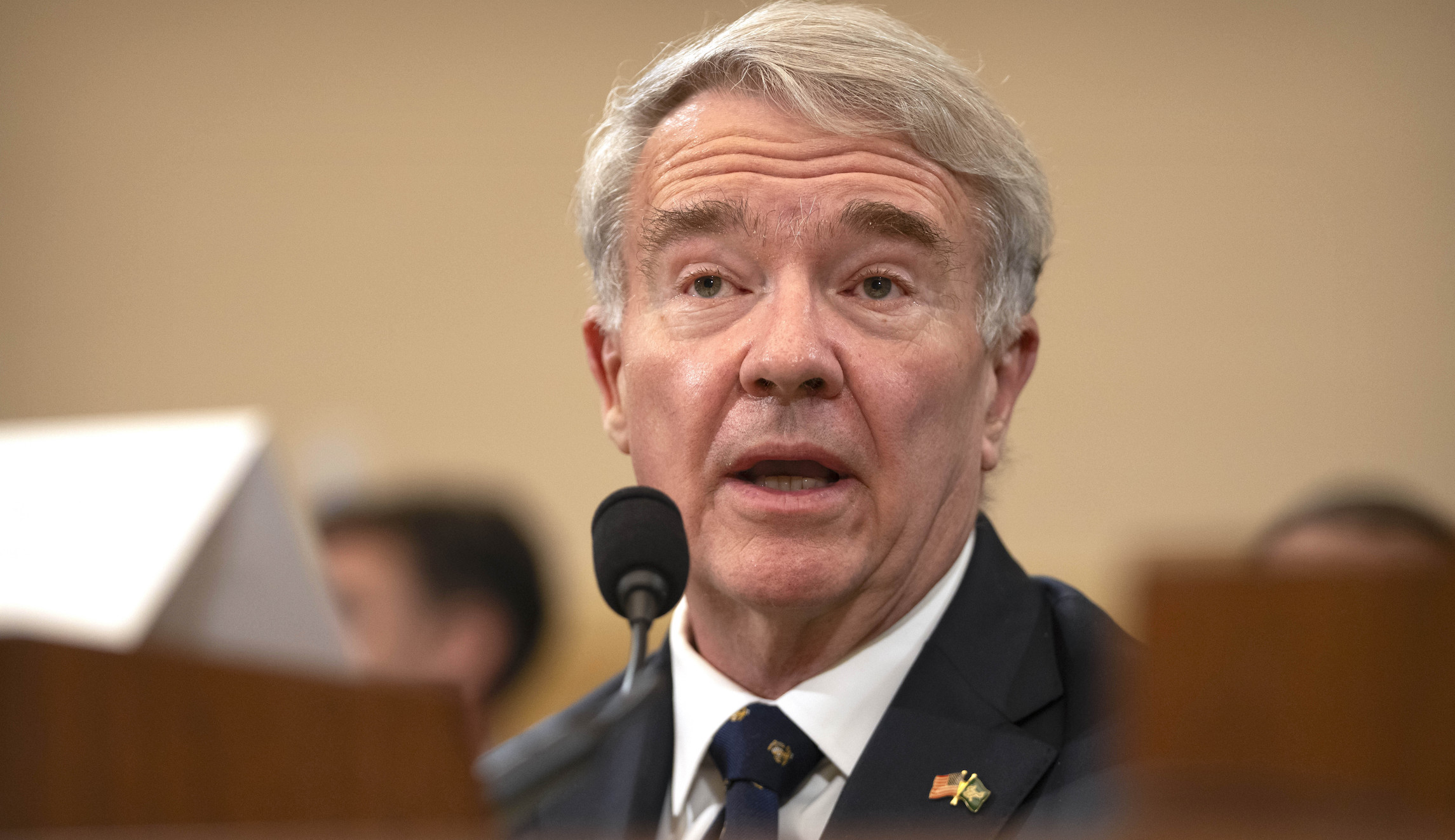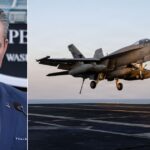

The Islamic State Khorasan is growing “unabated” in Afghanistan, where the U.S. military has “almost no ability to strike,” according to retired Gen. Frank McKenzie, the former leader of U.S. Central Command.
The threat from ISIS-K, which is a regional branch of ISIS, to the U.S. homeland “began to grow as soon as [the U.S. military] left Afghanistan” at the end of August 2021, he said during a Sunday interview on ABC’s This Week.
McKenzie’s successor, Gen. Michael Kurilla, told lawmakers on the Senate Armed Services Committee in early March that ISIS-K “retains the capability and will to attack U.S. and Western interests abroad in as little as six months and with little to no warning.”
It has carried out two major attacks in Iran and Russia this year.
ISIS-K has been able to grow without restraint in Afghanistan with the Taliban in control. The Taliban overthrew the U.S.-backed Ghani government in August 2021, just two weeks before U.S. forces withdrew from the country, ending a 20-year war.
McKenzie and several other senior military leaders believed the United States should maintain a small military presence in Afghanistan, but President Joe Biden went against their advice and moved ahead with a complete withdrawal. The former CENTCOM commander believed the U.S. may have been safer if the country still had troops there.
“I think we might be in a different place now. I think we might actually be safer than we are,” McKenzie said, adding, “On the other hand, in Afghanistan, we have almost no ability to see into that country and almost no ability to strike into that country. And so, ISIS there is able to grow unabated. There’s no pressure on them.”
“Unfortunately, we no longer place that pressure on them, so they’re free to gain strength. They’re free to plan. They’re free to coordinate and to outreach that hit us in our homelands,” he explained, warning that ISIS, as a whole, has a “strong desire” to attack the continental U.S. and is “going to try to do it.”
The terrorist group has carried out major attacks outside of Afghanistan in 2024. The first was a bombing in Iran near the burial site of slain military commander Qassem Soleimani. Last month, supposed ISIS-K gunmen killed about 140 people in a Russian mass shooting at a concert hall.
In both instances, the U.S. had intelligence ahead of time about a possible attack and warned Tehran and Moscow, but neither country acted in time to stop the attack.
“The problem that ISIS-K has and all these organizations have is when they want to conduct an attack abroad, they have to communicate. And that communication is often something that we have the opportunity to listen to, to gain knowledge of, and that can be reasonably precise,” McKenzie said. “I think there was probably good opportunity for the Russians to have averted this attack had they actually listened to the material that was presented to them.”
The terrorist attack in Russia provided a stark example of Kurilla’s warning from only weeks earlier.
Kurilla told lawmakers ISIS-K could likely carry out a terrorist attack in Eurasia or Europe within six months but did not specify a time frame for when it might have the capability to attack the U.S. homeland.
Rep. Mike Waltz (R-FL), a former Green Beret, wrote in a Fox News op-ed published on Monday that the situation developing in Afghanistan is reminiscent of the consequences of then-President Barack Obama’s decision to withdraw from Iraq, which allowed ISIS to establish a caliphate across Iraq and Syria.
CLICK HERE TO READ MORE FROM THE WASHINGTON EXAMINER
Department of Defense spokesman Maj. Gen. Patrick Ryder told reporters last week, “As it relates to ISIS, I think it’s very important to understand that the Department of Defense has not taken its eye off of ISIS.”
While the U.S. has a military presence in Iraq and Syria, where anti-ISIS missions are carried out alongside the Syrian Democratic Forces, the Defense Department is engaged in conversations with the Iraqi government about their long-term military partnership.






